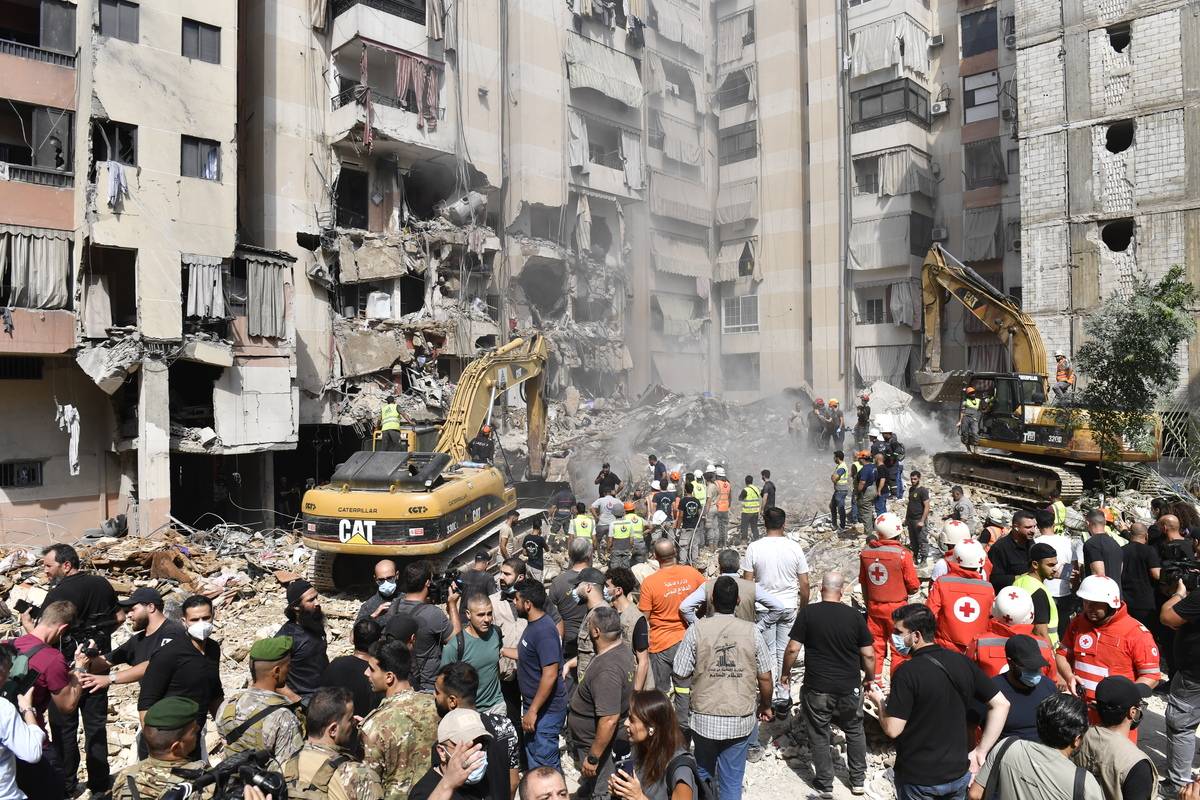Series: Mental Health in Times of Global Crisis | Part 1 of ?
📅 Published: June 22, 2025
🔍 Keywords: war anxiety, trauma from global news, mental health crisis 2025, coping with conflict stress, how to manage depression from news
🗞️ When the U.S.–Iran Conflict Feels Like Too Much
This morning, many of us woke up to something that feels heavy in our bones: the U.S. and Israel have launched strikes on Iranian nuclear sites, escalating fears of a larger war.
Maybe your heart dropped. Maybe your stomach turned. Maybe you felt numb—and then guilty for not feeling more. All of those reactions are valid. Whether you’re following this conflict moment by moment or trying to protect your peace by staying offline, the mental weight of world events is real.
At Harvest & Harmony, we believe caring for your mental health during global uncertainty is not a luxury—it’s survival. This is the first in a new series exploring how global conflict impacts our minds, bodies, and spirits—and what we can do to stay grounded when everything feels unstable.
 |
| Image: https://ovc.ojp.gov/ |
🌍 Why Middle East Tensions Trigger Deep Emotional Responses
You might be wondering why you’re feeling so tense, tired, or just off—even if you’re not directly involved in what's happening overseas. The truth is, our brains are wired to respond to danger, whether it’s happening in our neighborhood or across the globe.
When we’re constantly seeing stories about war, bombs, nuclear threats, and suffering—even just scrolling through headlines—it can trigger something called vicarious trauma. It’s a real, valid response to witnessing distress, even if it’s through a screen¹.
🧠 What’s Happening Inside Your Nervous System during World Conflicts
Your body isn’t imagining this stress. It’s responding to what it thinks is a threat.
The human nervous system has two main branches:
-
The sympathetic nervous system, which prepares us to fight or flee
-
The parasympathetic nervous system, which helps us rest, digest, and recover
When we’re exposed to disturbing or violent content—especially when we have no ability to act or help—our brains may still respond as if we’re in danger. This kicks our amygdala (the brain’s fear center) into gear, signaling the release of cortisol and adrenaline, which raise our heart rate, tighten our muscles, and keep us alert².
This is how we survive emergencies. But if the threat never ends—or never fully makes sense—our systems stay activated far longer than they’re built to. That leads to symptoms like:
-
Constant tension and fatigue
-
Racing or spiraling thoughts
-
Trouble sleeping or focusing
-
Headaches, stomach upset, or even immune suppression³
👁️ Why News You Can’t Verify Still Feels Personal
Here’s something important: You don’t have to witness something firsthand for it to affect you deeply.
In fact, your brain often can't distinguish between a direct experience and a vividly imagined or observed one, especially when emotion is involved⁴. That’s why graphic headlines, real-time video, or even imagined worst-case scenarios can feel so personal and overwhelming.
This is also part of being an empathetic person. If you’re someone who feels deeply for others or wants to make the world better, of course, this kind of news hits home. It means you care. It doesn’t mean you’re too emotional or “doomscrolling for drama.” You’re responding like any tuned-in, human nervous system would.
💔 Anxiety and Depression in the Age of 24/7 Global Crisis
 |
| Image Source: www.parinc.com |
When war breaks out—even oceans away—our nervous systems go on high alert. Chronic stress from ongoing crises like this can contribute to:
-
Generalized Anxiety Disorder (GAD)
-
Major Depressive Disorder (MDD)
-
Panic attacks or social withdrawal
-
Survivor’s guilt or spiritual crisis
According to the American Psychological Association, more than 70% of adults reported feeling overwhelmed by global uncertainty even before today’s news. As these tensions grow, we expect anxiety and depression rates to rise, especially among:
-
Teens and young adults
-
People with trauma histories
-
Activists, caregivers, and helpers
-
Those already facing burnout or grief
🛠️ Coping Strategies for Today
You don’t have to fix the world to take care of yourself. Here are 5 practical ways to stay grounded when global events start to feel too heavy:
✅ 1. Limit Exposure Without Going Numb
Set intentional boundaries with news:
✅ 2. Ground Yourself in the Present
 |
| Image source: https://close-to-nature.org/ |
Try this sensory check-in:
5 things you see
4 things you can touch
3 things you hear
2 things you smell
1 thing you can taste
This brings your focus back to right now, where your body can feel safer.
✅ 3. Talk About It
Whether it’s with a therapist, a friend, or in your journal, naming what you’re feeling can help your brain process it instead of storing it as trauma.
✅ 4. Focus on Micro-Actions
You may not be able to stop a war, but you can still:
Small acts of purpose soothe helplessness.
✅ 5. Connect With Nature
Even 10 minutes in the trees, on the grass, or near water helps.
Nature lowers cortisol, reduces muscle tension, and reactivates your parasympathetic nervous system⁵.
📣 This Is Just the Beginning of Our Global Mental Health Series
This article launches a continuing series. Over the coming weeks, we’ll be covering:
-
👨👩👧 How to talk to children about global conflict
-
🎯 Managing PTSD triggers during international crises
-
❤️ Resources for activists, refugees, and frontline mental health workers
-
✨ Spotlight on peacebuilding, spiritual care, and holding onto hope
We don’t know how long these global tensions will last. But we do know this: you deserve peace in your body and mind—no matter what the headlines say.
We’re here to walk with you through it all.
🌐 Trusted Resources






.jpg)
.jpg)
.webp)






